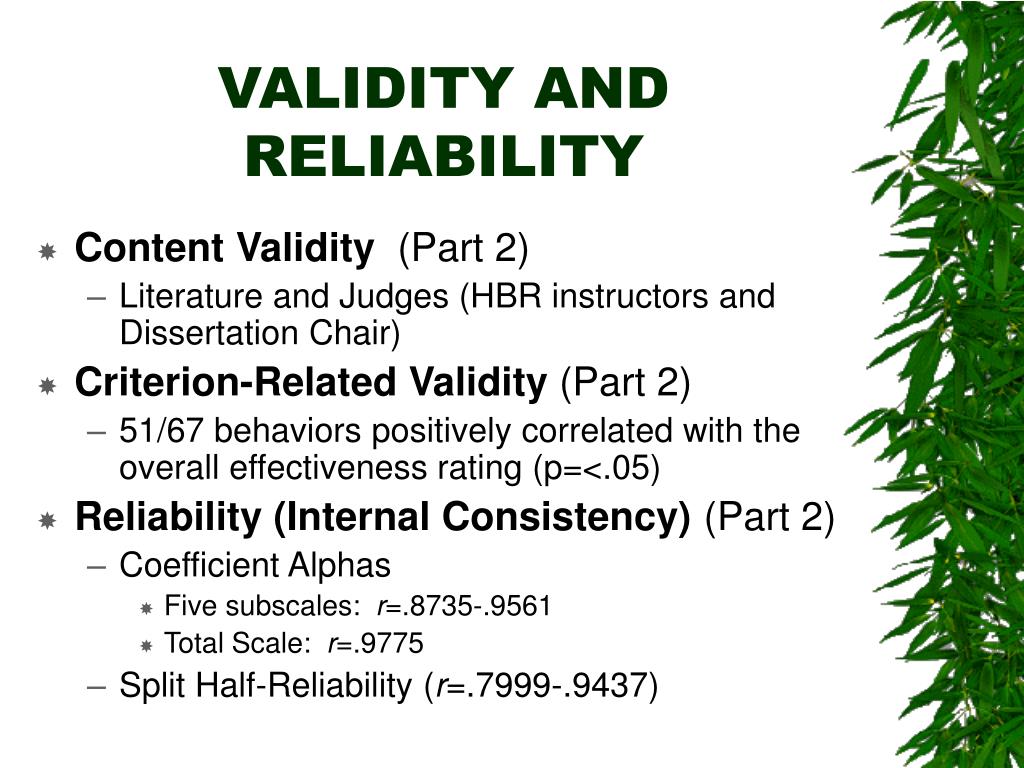
This role and perspective opened me up to specific biases as a researcher.

As students were often curious about the information I was typing on my computer, I showed my notes and noted how I was writing down what happened in the class “like a play.” In classrooms where students did not understand their learning activity and were not being helped by an adult, I helped to explain the activity they were being asked to complete. On occasion, students would ask me for help during independent work time, and I infrequently asked students about what they were learning or doing. During the study, I acted mainly as an observer within classrooms, and asked teachers to see me as an observer rather than a participant. My prior contact with the schools, my own educational philosophy, and my personal experiences may have predisposed me to see the data differently than another researcher. These experiences and beliefs influenced my conceptualization of this study, in that I sought to understand schools with and without a specific mission to serve refugee students. In multiple instances during my teaching career, this view differed from the ways in which schools and teachers saw refugee students – often because of the pressures placed on these schools and teachers to perform on standardized tests. A product of Catholic schools that highlighted ideas of social justice and a family with immigrant roots, I believe in diversity as an asset rather than a liability. As a former teacher of ESOL for refugee and immigrant students, I witnessed a discontinuity between the experiences and skill sets of certain students and the expectations of the school, which positioned students as a problem to be solved. However, I had not personally met the teachers and students I recruited for this study. Prior to beginning this study, I had worked with both schools in a peripheral manner, placing students from my university as tutors in one and supervising student teachers in the other. I also discuss threats to reliability, internal validity, and external validity, and share measures I took to minimize these threats. In this section, I share my own perspective as the researcher and reflect the ways this perspective might have influenced the research process. Validity and Reliability. Maximizing validity and reliability in qualitative work requires a researcher to be both reflexive about her own role in data collection and to provide rich data to confirm findings.


 0 kommentar(er)
0 kommentar(er)
